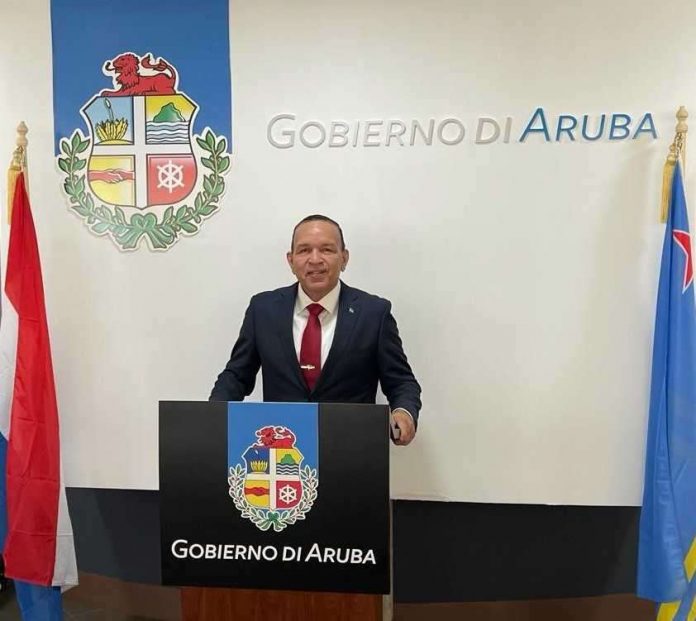Since February of 2021, Inspection of Education in Aruba and The Netherlands began their study on the quality of education in Aruba. In the report “Screening Report”, 13 recommendations were brought to attention for improving the quality of education on the island.
A team of investigators began the evaluation of the quality of education in Aruba based on 3 central research questions related to the basic functions of education: qualification, socialization and assignment; the conditions that make these basic functions and the management of these functions possible.
The report indicates that recommendations intended for the improvement of education and the fortification of the educational system became operational in one key point. Firstly, concrete agreements have been made to promote the connection between education and the labor market, like for example, the collecting of data surrounding the needs of the labor market on Aruba and the organization Platform Education and Labor (PEL), and its responsibilities.
For a better definition of the recommendations of the system, the team developed an agenda of implementation for 3 themes: finance, government and legislation. To further elaborate on this, plans about the financial system, the supervision of the budget, the organization of the public schools and the actualization of educational legislation are all included.
The recommendations and different in nature, and some require translation to a specific focus and in the phases of the agenda. At the same time, the report further explains that there are parts of the recommendation that can be implemented sooner and could alleviate the pressure on the educational system for the time being.
Two examples include: 1. support for teachers through, for example, the deployment of (additional) internal supervising teachers and recovery teacher; 2. Offer access the focus on preschools and crèches as part of the continuous line of education.
An important focal point that is mentions in the elaboration of the recommendations is the available staff to be able to implement this. Recommendations in terms of qualified staff, necessary knowledge and good management, and specialties during moments where legislations are implemented—for all these recommendations, available staff is limited.
Besides the phases of the agenda, the team points out that a good idea would be to explore the opportunities for cooperation and exchange of knowledge within the region and amongst countries within the Dutch Kingdom. Kibrahacha—which is an educational association in the Caribbean—is an example of these kinds of cooperation. Cooperation between institutions in the region could also provide great results.
In terms of the financial consequences of these recommendations, this has not yet been specified. Regardless, the team has this to say about the financial coverage of these measures in the report:
First of all, not all recommendations cost money. In this sense, the recommendation for the government of adopting a professionally organized structure in which exists a separation between management and supervision with strong directors, good internal supervision and employee participation is crucial.
This way, the gap between management and supervision and the usage of resources is smaller and thus improvement and investment in the system is optimized. Some examples include making decisions for limiting school costs in general, the investment in skills and supervision of teachers, building maintenance etc. This also includes accountability for the internal supervision and participation, making it visible how these decisions contribute to better education.
Additionally, the team thinks it is important if, for example, there is money available in the ‘Landspakket’ (Budget given by The Netherlands for the islands in the Dutch kingdom). This will also be relevant in the necessary investment of education on the island: “A precise justification is necessary in the agenda, because aimless investments give less desirable results.”
Finally, the report states that it is important to structure appropriately and to use the long term financial consequences of the demographic tendencies. On one hand, this is how the effects of the number of schools and the amount of territory that is needed for them. On the other hand, the finance, which is the results of the number of students and their contribution, keeps the long term calculations stable.
It has also been noted that the decrease in students results in a higher contribution from each student. This is only effective if the measures for improvement proposed in the report are simultaneously implemented.

















